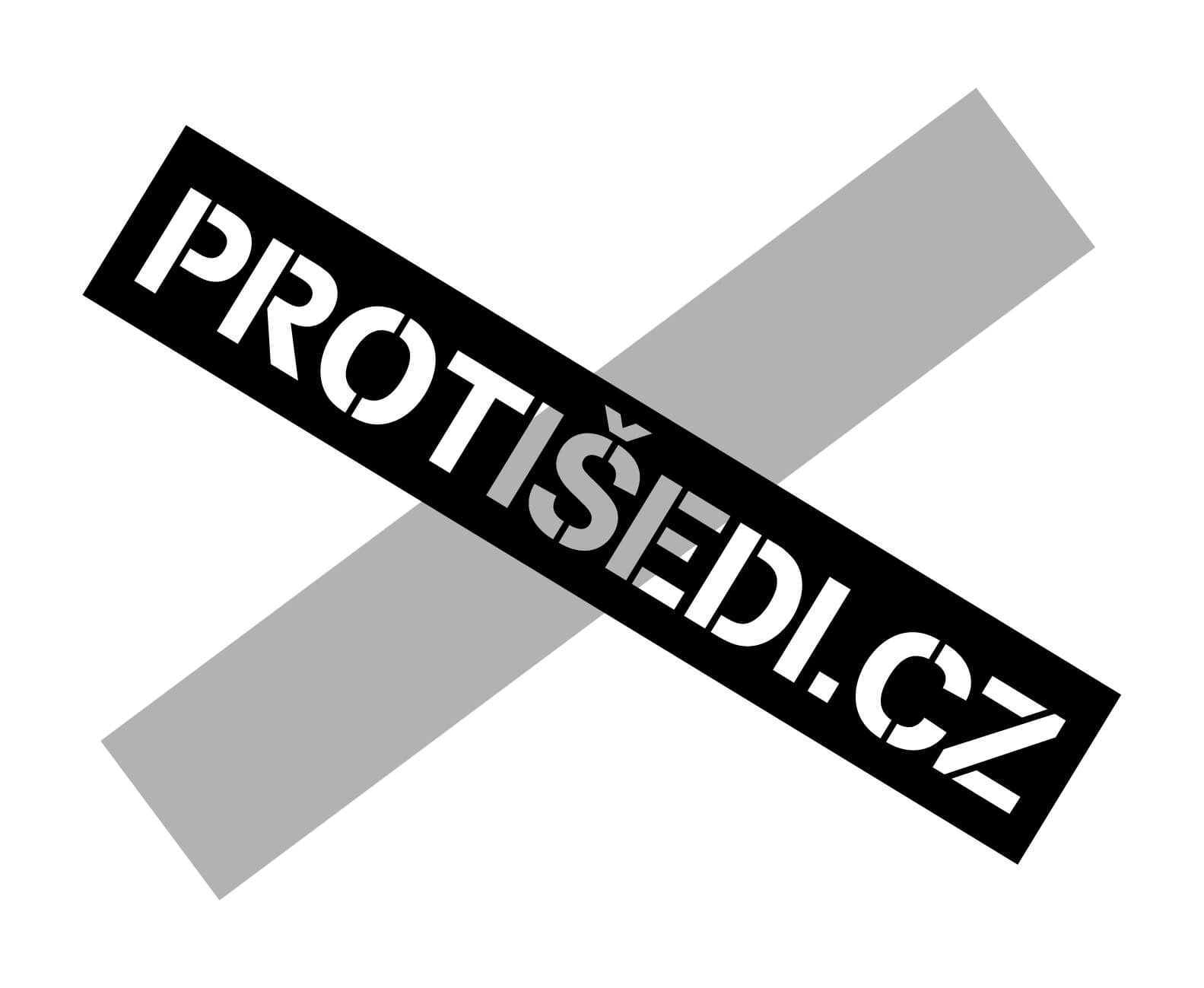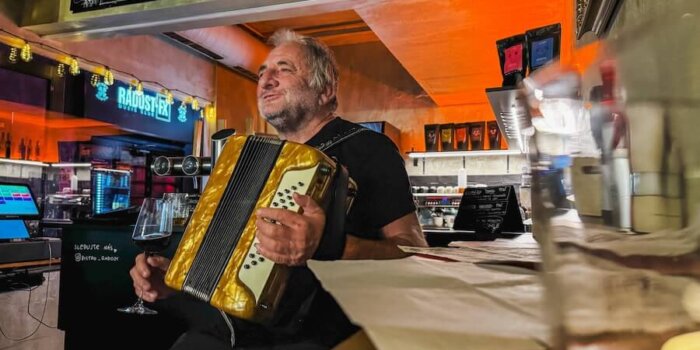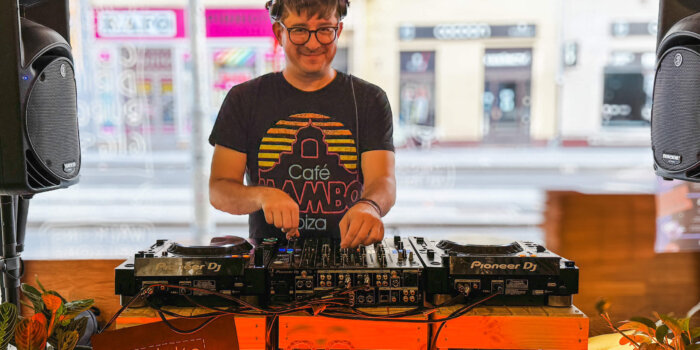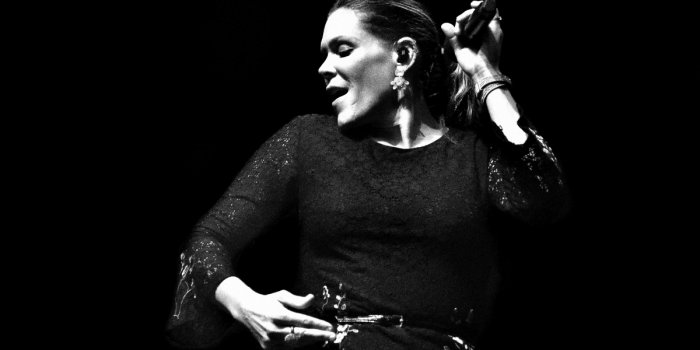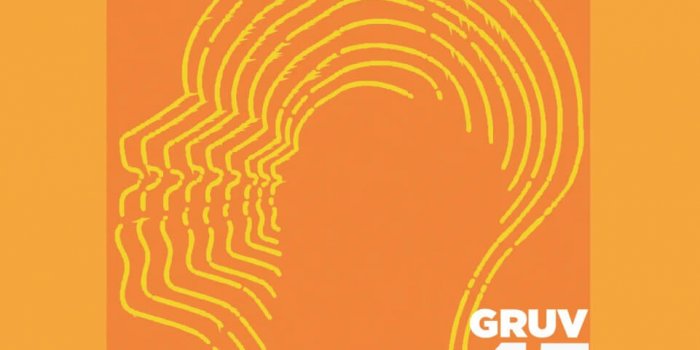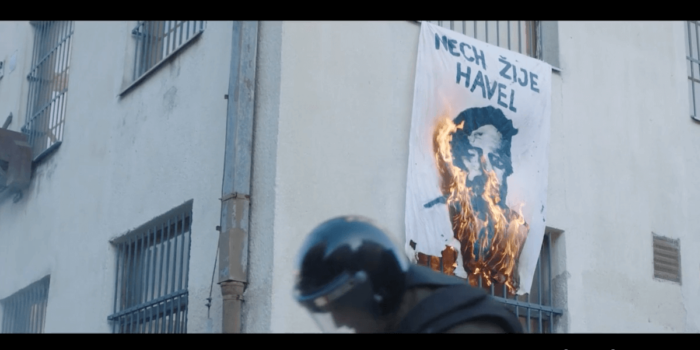Why are Czech bands using a pronunciation coach?
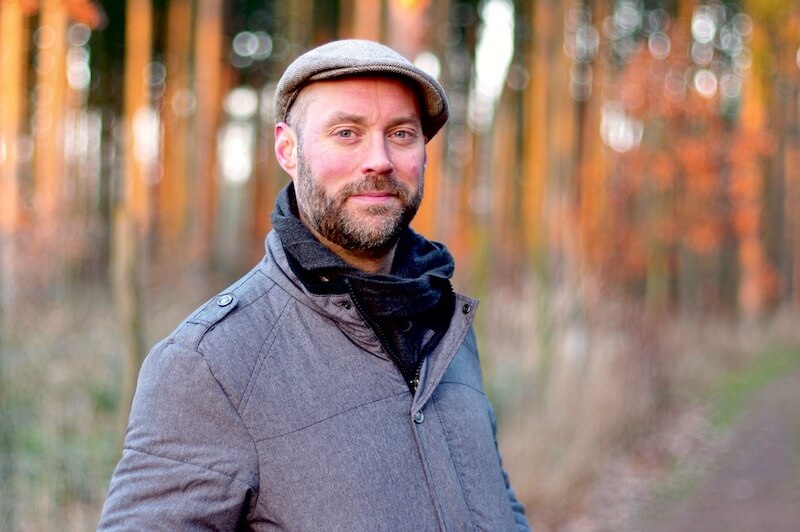
Alasdair Bouch is an English singer-songwriter who helps Czechs with their english lyrics and pronunciation. What does it look like and why should people ask someone else to help with their songs? Here is what we learned:
Typically, a local singer or actor will bring me some English lyrics
or lines, they’ll run through it, & I’ll address any pronunciation
issues they might have. In almost fifteen years of pronunciation work
in the Czech Republic, I think I’ve heard everything, & an
understanding of the Czech language & phonemes (units of sound)
certainly helps. However, I’m not your typical singing teacher –
although I will give them tips on vocal (singing) technique &
performance where necessary, I’m mainly concerned with coaching
fluency, accent, & ensuring general understanding.
If they are singing cover songs or something from a musical, this will
usually be relatively straightforward, because they can study & even
replicate an existing template, if they want – for example, copying
the singer of the original recording. But even if they want to
experiment with a track, it basically comes down to phonetics – the
physical articulatory & acoustic properties of speech, or how the
sounds are produced. This is the best case scenario, because usually,
established ‚canon‘ songs in English are written by professional
native lyricists.
With original lyrics by non-native writers, on the other hand, one
typical situation is that there will be written phrases that simply
sound unnatural in English, & no amount of phonetic work can make it
sound right. Some of this can be fixed by what I call ‚cosmetic‘
correction – amending grammatical errors, word order, etc. However,
sometimes the lyrics can be correct grammatically, but still sound
somehow ‚off‘ to the native ear.
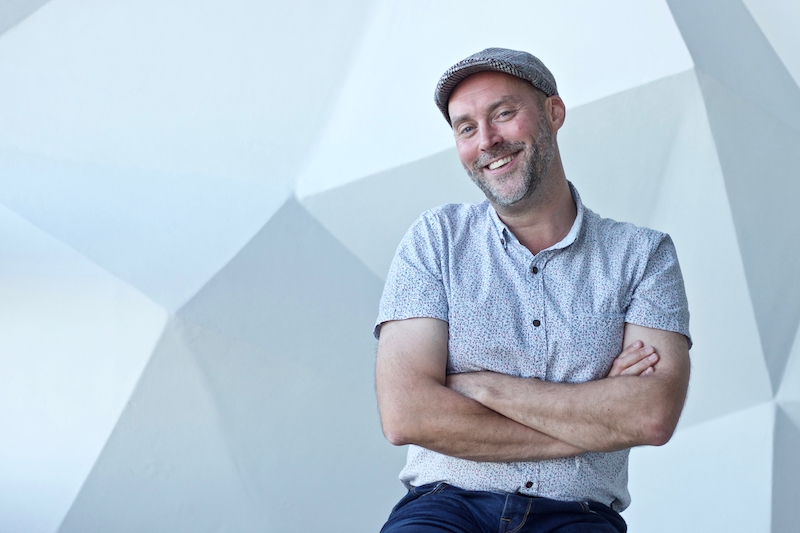
Alasdair Bouch – foto ©Lukáš Legi
There can be many reasons for this: fundamental differences in the
rhythm of Czech & English; the stress on the wrong syllable or word on
the downbeat; a poor choice of vocabulary; a clash of register (formal
/ informal speech); an odd mix of dialect (the geographical
characteristics) or even sociolect (the characteristics of the social
background or status of an individual), etc. A turn of phrase could be
unintentionally hilarious or insensitive, or in the worst case
scenario, culturally appropriative, racist, sexist, homophobic, and so
on. This is more common than you might think. Any of these examples
above can entirely undermine a song, & in extreme circumstances,
derail or destroy an artist’s career. In these days of cancel culture,
lyrics are under the microscope.
In this case, my work is more about morphology and prosody – the
appropriate relationship between words, the overall context, the parts
of speech, their intonation & stress, the poetics, the emotional &
cultural weight of the words, & so on. This is where my other set of
skills – as a songwriter – gets put to use and, once the bullet is
dodged, we get to work on pronunciation.
–
Check out Alasdair’w new new single Storm In A Coffee Cup:
And here is his previous work:
Alasdair Bouch
Singer-songwriter, lyricist, vocal pronunciation coach.
Listen: https://alasdairbouch.bandcamp
Watch: https://www.youtube.com/c/Alas

